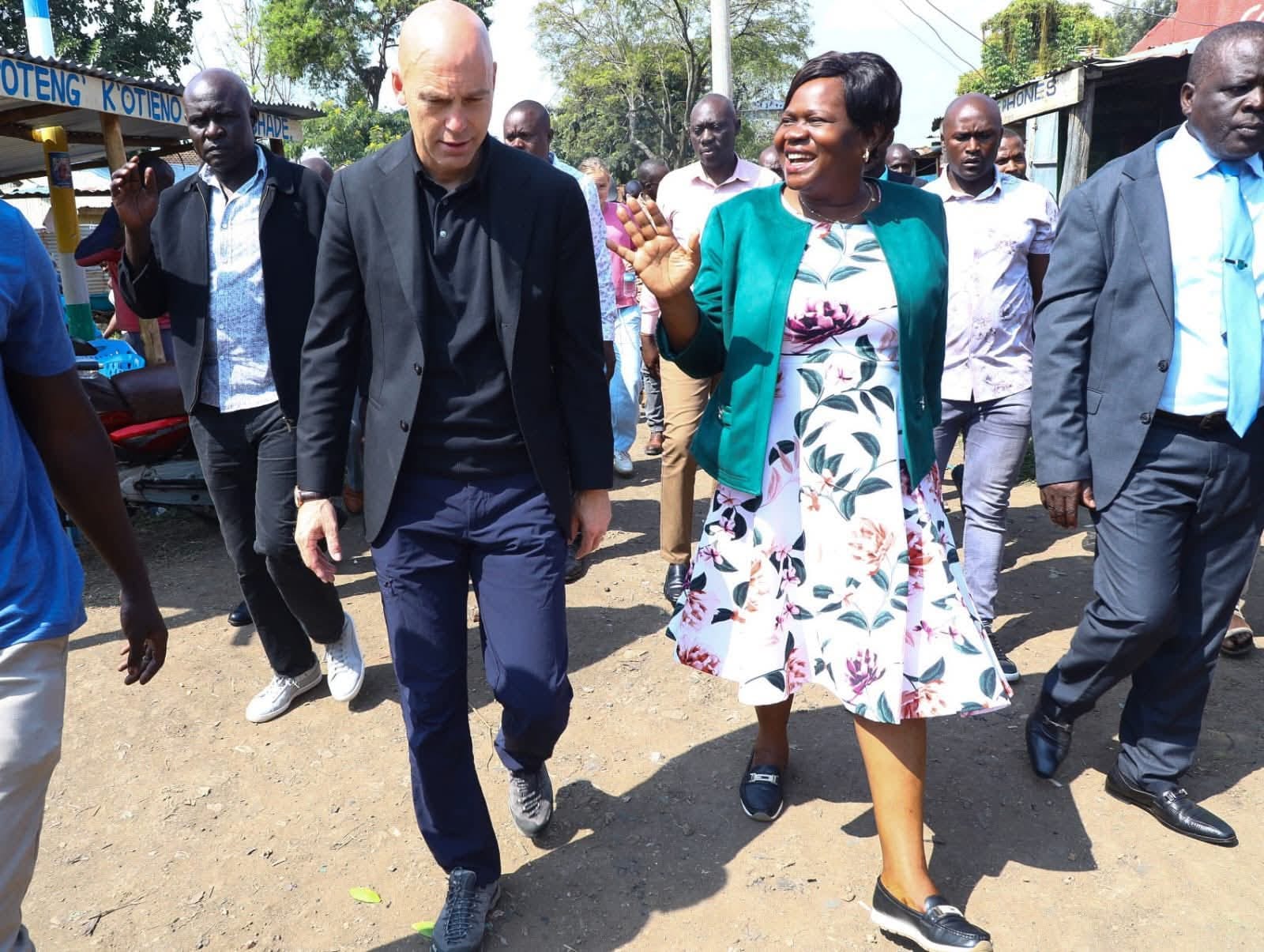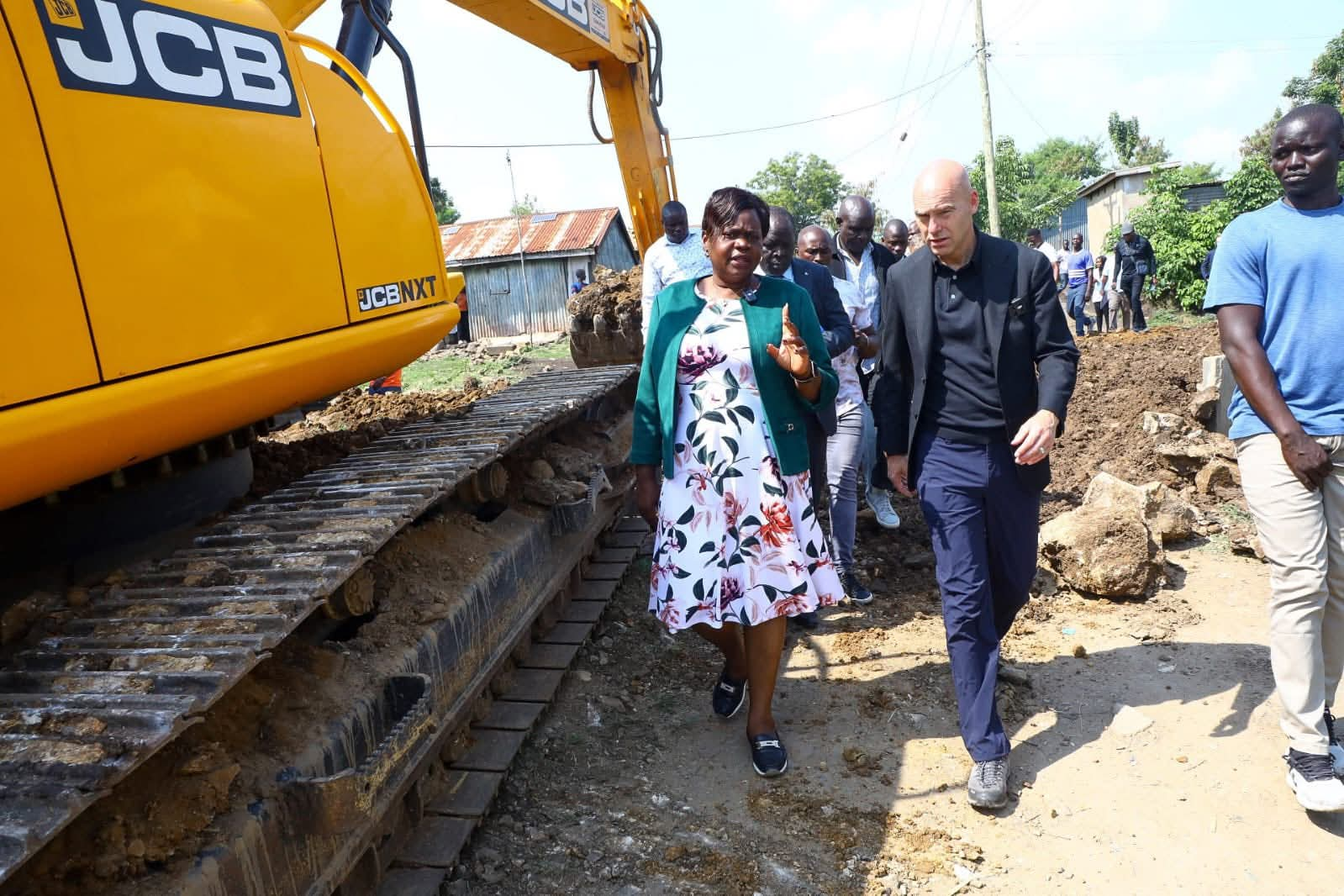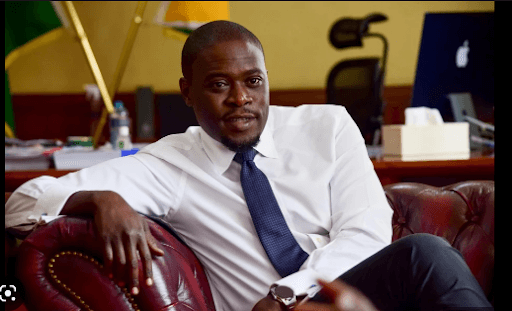

The Homa Bay government has begun
developing its first people-led adaptation plan aimed at enhancing the county’s
resilience to climate change.
The initiative, dubbed the Locally-Led
People’s Adaptation Plan, is being formulated to strengthen strategies for
mitigating the adverse effects of climate change.
The plan is a joint effort between
the Homa Bay County Government and the Global Centre for Adaptation (GCA).
It places a strong emphasis on
public participation, particularly from residents living in informal
settlements. During community engagement forums, locals share the
climate-related problems they face—such as flooding, strong winds that destroy
structures, and prolonged drought—and highlight their priorities for addressing
these issues.
The broader goal of the plan is to
tackle the root causes of climate vulnerability while implementing long-term
climate-resilience projects.
Governor Gladys Wanga said the plan
will oversee initiatives such as fixing drainage systems, upgrading slums, improving
road networks and enhancing other urban infrastructure with the aim of
transforming Homa Bay into a vibrant city within the next decade.
She explained that the adaptation
strategy will help residents better withstand the growing effects of climate change.
“Climate change can force people to
relocate from their indigenous place of living. The adaptation plan will enable
people to know how to mitigate the adversity,” Wanga said.
Speaking at Shauri Yako estate in
Homa Bay town during a site tour, Wanga noted that the plan would help the
county prepare adequately—both in strategy and funding—for climate-related
challenges.

She was accompanied by GCA Chief
Executive Officer and University of Nairobi Chancellor, Prof. Patrick
Verkooijen.
Wanga said the adaptation plan would
also enable the county government to access funding to improve the living
standards of its people.
“We’re committed to establish Homa
Bay town as a benchmark for scientific planning, orderliness and economic
prosperity,” she said.
Prof. Verkooijen said the activity
aims to empower residents by enabling them to voice their concerns and
priorities, which will then guide implementation of the adaptation plan.
“We know there is drought, flood and
other adverse weather conditions. This plan gives Homa Bay people an
opportunity to state their problems and what they want prioritised in
implementation,” Verkooijen said.
He added that the plan will also
serve as a tool for seeking resources from developed countries.
“The local people know what needs to
be done, but lack of resources hinders implementation. The plan will also help
us to mobilise resources from the Global North,” he said.














